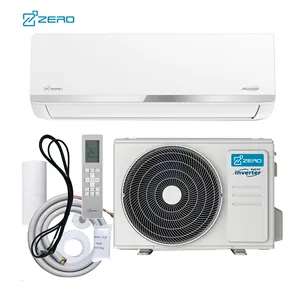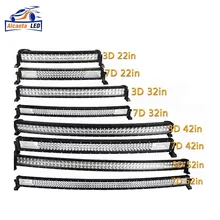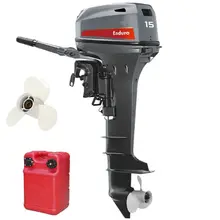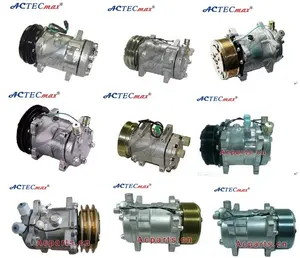Exploring Rooftop Air Conditioner Compressors
Rooftop air conditioner compressors are pivotal components in modern climate control systems, designed to regulate temperatures in various settings. These units are engineered to withstand external elements, making them ideal for commercial and industrial applications. This introduction delves into the intricacies of rooftop air conditioner compressors, their types, applications, features, and materials, providing a comprehensive understanding of their functionality and benefits.
Types and Applications
The versatility of rooftop air conditioner compressors is evident in their range of types, each suited to specific environments and requirements. From single-stage models for smaller spaces to variable-capacity compressors for larger areas, the selection caters to diverse needs. These compressors are integral to systems found in residential complexes, commercial buildings, and specialized environments like data centers where precise temperature control is crucial.
Features and Materials
A rooftop air conditioner compressor is characterized by its robust features, including energy efficiency and durability. The materials used in manufacturing these compressors are selected for their resilience and longevity, ensuring they can operate effectively under harsh weather conditions. Advanced features may include noise reduction capabilities and eco-friendly refrigerants, which contribute to a sustainable operation.
Advantages of Rooftop Units
The strategic installation of rooftop air conditioning units offers several advantages. Their elevated position frees up valuable ground space while also reducing the risk of vandalism or accidental damage. Additionally, these units often provide easier access for maintenance, ensuring that they can be serviced without interrupting daily operations within the building.
Selection Considerations
When selecting a rooftop air conditioning system, it is essential to consider factors such as the size of the area to be cooled, energy efficiency ratings, and the specific climate conditions of the location. Prospective buyers should also evaluate the compatibility of the compressor with existing HVAC systems to ensure seamless integration.
Environmental Impact and Efficiency
Modern rooftop air conditioner compressors are designed with a focus on environmental impact and operational efficiency. Manufacturers are increasingly adopting technologies that reduce power consumption and emissions, contributing to a greener footprint while also lowering operational costs for businesses.












































 浙公网安备 33010002000092号
浙公网安备 33010002000092号 浙B2-20120091-4
浙B2-20120091-4